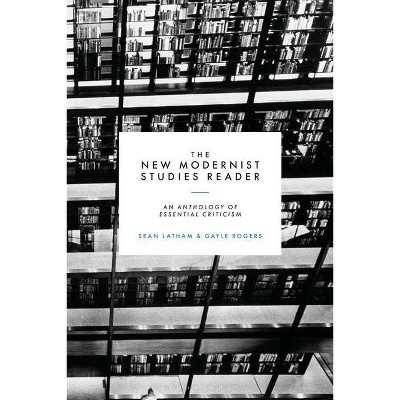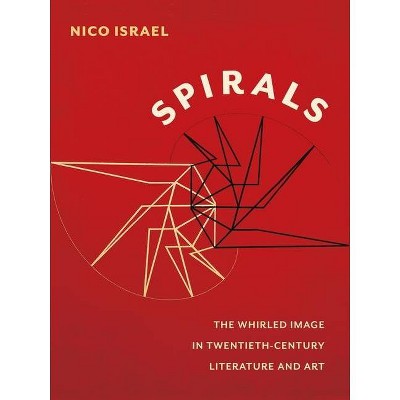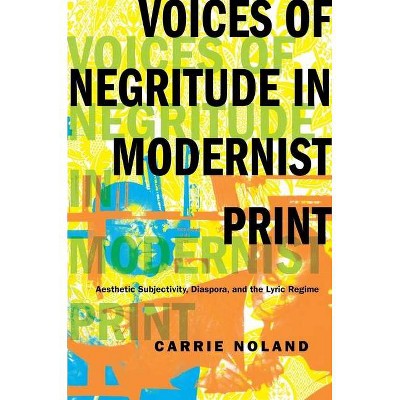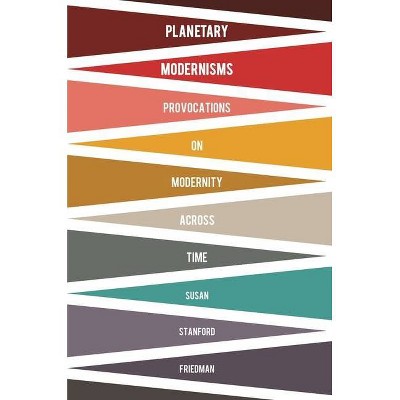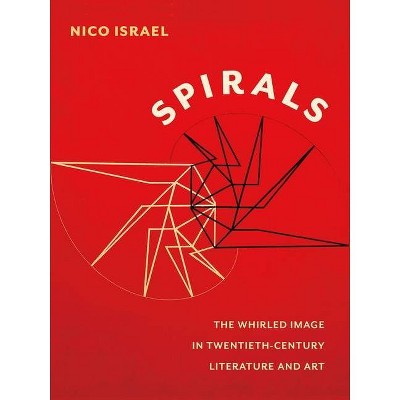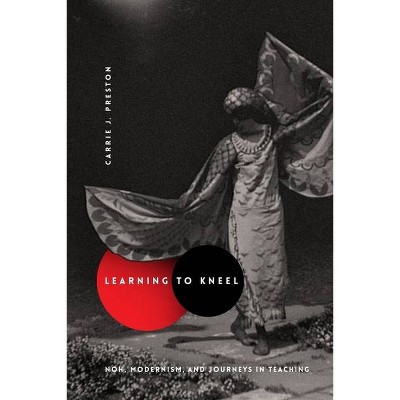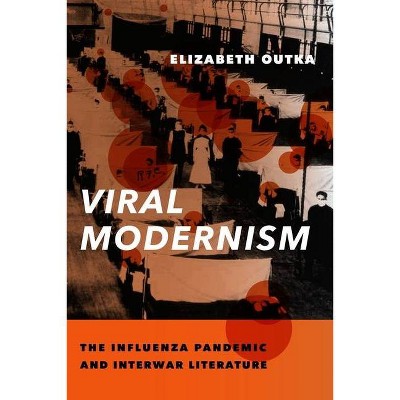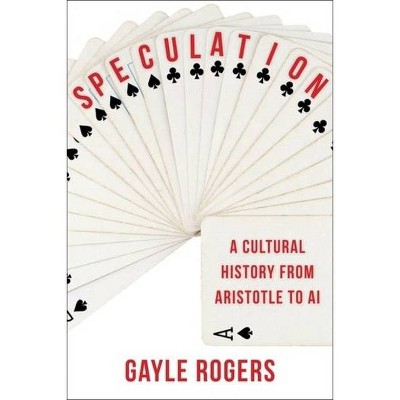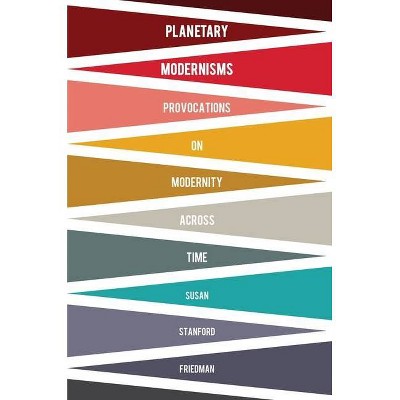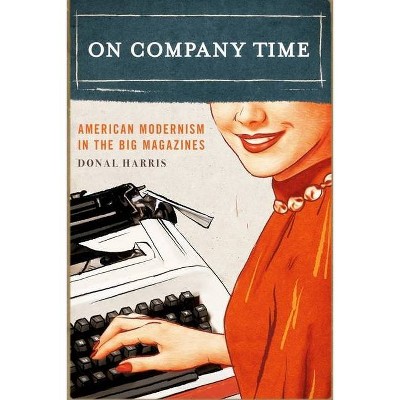Incomparable Empires - (Modernist Latitudes) by Gayle Rogers (Hardcover)
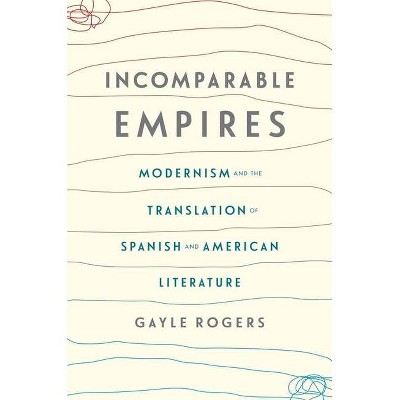
Similar Products
Products of same category from the store
AllProduct info
<p/><br></br><p><b> About the Book </b></p></br></br>Rogers uncovers the arguments that forged the politics and aesthetics of modernism. He revisits the role of empire--from its institutions to its cognitive effects--in shaping a nation's literature and culture.<p/><br></br><p><b> Book Synopsis </b></p></br></br>The Spanish-American War of 1898 seems to mark a turning point in both geopolitical and literary histories. The victorious American empire ascended and began its cultural domination of the globe in the twentieth century, while the once-mighty Spanish empire declined and became a minor state in the world republic of letters. But what if this narrative relies on several faulty assumptions, and what if key modernist figures in both America and Spain radically rewrote these histories at a foundational moment of modern literary studies? <p/>Following networks of American and Spanish writers, translators, and movements, Gayle Rogers uncovers the arguments that forged the politics and aesthetics of modernism. He revisits the role of empire--from its institutions to its cognitive effects--in shaping a nation's literature and culture. Ranging from universities to comparative practices, from Ezra Pound's failed ambitions as a Hispanist to Juan Ramón Jiménez's multilingual maps of <i>modernismo</i>, Rogers illuminates modernists' profound engagements with the formative dynamics of exceptionalist American and Spanish literary studies. He reads the provocative, often counterintuitive arguments of John Dos Passos, who held that "American literature" could only flourish if the expanding U.S. empire collapsed like Spain's did. And he also details both a controversial theorization of a Harlem-Havana-Madrid nexus for black modernist writing and Ernest Hemingway's unorthodox development of a version of cubist Spanglish in <i>For Whom the Bell Tolls</i>. Bringing together revisionary literary historiography and rich textual analyses, Rogers offers a striking account of why foreign literatures mattered so much to two dramatically changing countries at a pivotal moment in history.<p/><br></br><p><b> Review Quotes </b></p></br></br><br>The possibilities of plural voices in translation and bilingual writing is deeply impressive in [Rogers's] reading.--The Year's Work in English Studies<br><br><i>Incomparable Empires</i> represents an important contribution to US scholarship on modernism for the way it decenters the Anglophone tradition and mobilizes the concept of incommensurability to insist on linguistic and cultural specificity even within a network of transatlantic exchange.--Revista Hispanica Moderna<br><br>The archaeological journey on which <i>Incomparable Empires </i>takes its readers and the instructiveness of its layered content make the study a worthwhile read.--Hispania<br><br><i>Incomparable Empires</i> is a brilliant work of comparative criticism, animated by contemporary critical concerns, and it is erected on a solid foundation of research and erudition. It also provides a wealth of information, and its clear, jargon-free prose makes it accessible to a wide range of readers.--Gustavo Pellón "MLN "<br><br>Bursting at the seams with innovative insights, <i>Incomparable Empires</i> will make readers think in new ways about modernism, translation, and the often-neglected ties between North American and Spanish literature.--José Luis Venegas "Hispanófila "<br><br>Rogers uses a compelling combination of first-rate historical scholarship and forensic close reading to probe much more deeply into the imbrications of US and Spanish modernisms.--Peter Hulme "Bulletin of Hispanic Studies "<br><br>The historian will find in this work a novel perspective on the relationship between Spain and the United States post-1898; students of Hispanic and American literature will benefit from an in-depth analysis of how these two empires influenced each other and shaped their canons; and translation scholars will delight in further proof that translation and its history provides crucial insight into the way cultures have understood, and continue to understand, each other.--Owen Harrington Fernández "Literature and Translation "<br><br>Rogers has written a superlative examination of <i>modernismo's</i> cultural and literary production. . . . Essential.--CHOICE<br><br>Rogers's book, published in Jessica Berman and Paul Saint-Amour's relatively recent and already excellent Modernist Latitudes series at Columbia University Press, constitutes an important intervention in the reshaping of modernist studies. . . . Rogers should be lauded due to the extreme coherence, timeliness, and significance of his project, especially considering the uneven status of Spanish literature of this period within Anglophone academia today.--Ignacio Infante "Modernism/modernity "<br><br>A groundbreaking contribution to such transnational fields as global modernism and world literature studies.--Alejandro Mejías-López, author of <i>The Inverted Conquest: The Myth of Modernity and the Transatlantic Onset of Modernism</i><br><br>Taking the Jamesonian view of imperialism in unexpected and original directions, Rogers explores the rivalry of the Spanish and U.S. empires at the intersection of modernism and translation. This volume achieves what one would have thought possible only from several books, namely writing a new history of two fields traditionally considered to be unrelated: Hispanism and American studies.--César Domínguez, coauthor of <i>Introducing Comparative Literature: New Trends and Applications</i><br><br>By de-coupling their translational practices from the national literary traditions and imperial teleologies they were supposed to express and reflect, the writers analyzed in Incomparable Empires carved out creative spaces that radically reconfigured U.S. and Spanish literatures. Rogers's brilliantly contextualized recovery of their alternative stratagems of translation promises to foster a grand scale re-thinking of the formation, structure, and purposes of our extant comparative literary histories of the early twentieth century.--Donald E. Pease, author of <i>The New American Exceptionalism</i><br><br>Gayle Rogers develops a complex and nuanced literary history of political, institutional, and aesthetic transformations through translation across two empires. <i>Incomparable Empires</i> is an immense achievement for global and comparative modernist studies.--Joshua L. Miller, author of <i>Accented America: The Cultural Politics of Multilingual Modernism</i><br><p/><br></br><p><b> About the Author </b></p></br></br>Gayle Rogers is professor of English at the University of Pittsburgh. He is the author of <i>Modernism and the New Spain: Britain, Cosmopolitan Europe, and Literary History</i> (2012) and coauthor, with Sean Latham, of <i>Modernism: Evolution of an Idea</i> (2015).
Price History
Price Archive shows prices from various stores, lets you see history and find the cheapest. There is no actual sale on the website. For all support, inquiry and suggestion messagescommunication@pricearchive.us
